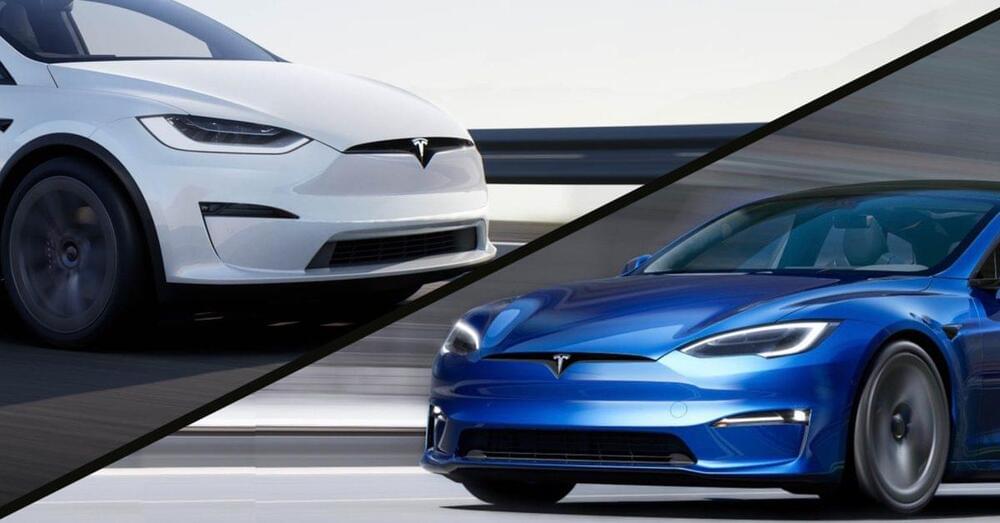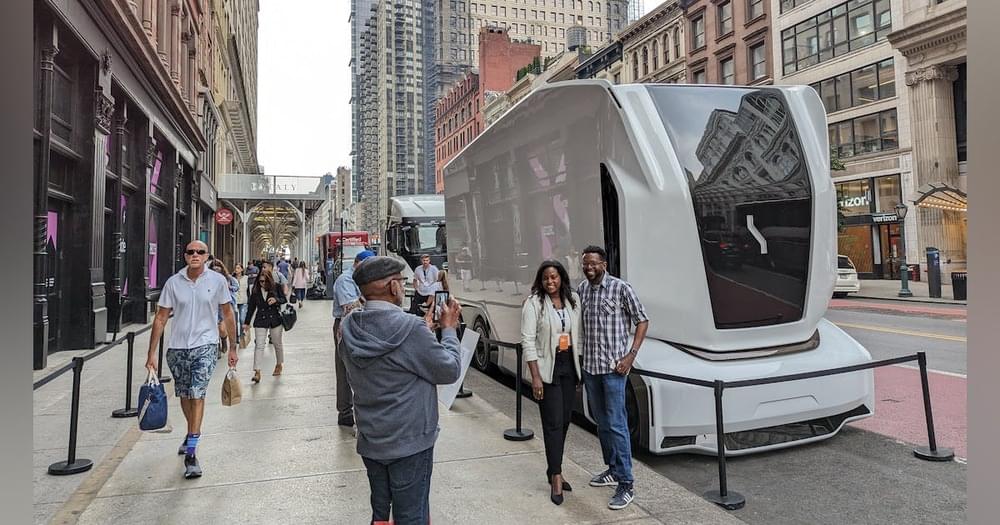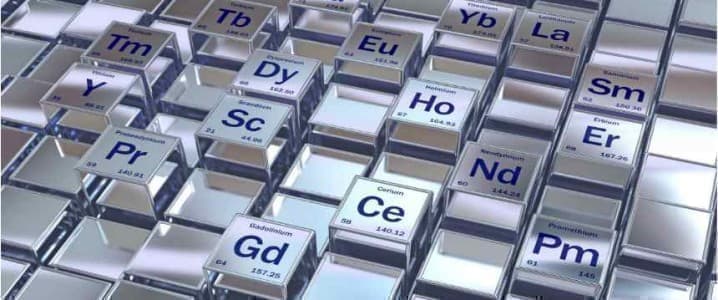A team of researchers successfully constructed nanofiltration membranes with superior quality using the mussel-inspired deposition methods. Such was achieved via a two-part approach to fabricate the thin-film composite (TFC) nanofiltration membranes. Firstly, the substrate surface was coated through fast and novel deposition to form a dense, robust, and functional selective layer. Then, the structure controllability of the selective layer was enhanced by optimizing the interfacial polymerization (IP) process. As a result, the properties of nanofiltration membranes produced are with high durability and added functionality. When put into a bigger perspective, these high-performance TFC nanofiltration membranes are potential solutions to a number of fields, including water softening, wastewater treatment, and pharmaceutical purification. Hence, there is a need to further explore and expand the application in an industrial scale instead of being bound within the walls of the laboratories.
Membrane-based technologies, especially enhanced nanofiltration systems, have been highly explored due to their myriad of distinct properties, primarily for their high efficiency, mild operation, and strong adaptability. Among these, the TFC nanofiltration membranes are favoured for their smaller molecular weight cutoff, and narrower pore size distribution which lead to higher divalent and multivalent ion rejection ability. Moreover, these membranes show better designability owing to their thin selective layer make-up and porous support with different chemical compositions. However, the interfacial polymerization (IP) rate of reaction is known to affect the permeability and selectivity of the TFC nanofiltration membranes by weakening the controllability of the selective layer structure. Therefore, this study was designed to improve the structural quality of the TFC nanofiltration membranes through surface and interface engineering, and subsequently, increase the functionality.
It is one of the ambitions of the United Nations to ensure availability and sustainable management of water and sanitation for all (SDG 6: Clean water and sanitation). A report by the United Nations’ Water for Life initiative stated that one in four people do not have access to safe drinking water, and up to 50% of the global population are at risk of living in water stressed areas by 2025. With such concerns looming close, undoubtably, there is a demand for advanced and efficient wastewater treatment technology to be put in place. Thus, the successful designing of improved and highly functional TFC nanofiltration membranes through innovative approaches portrayed in this study could be the much-needed solution in addressing these issues.





